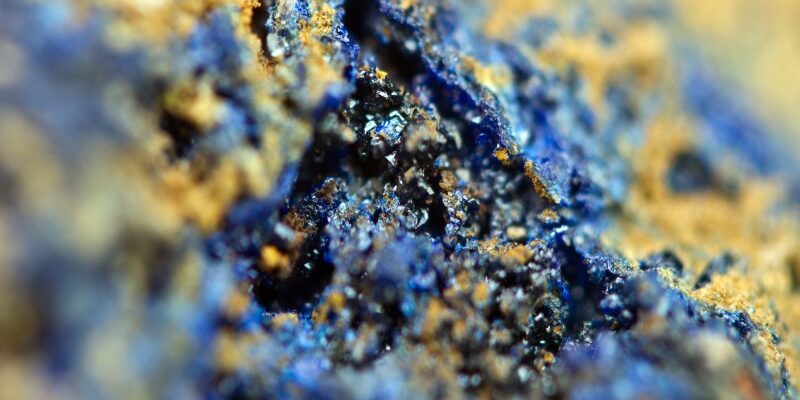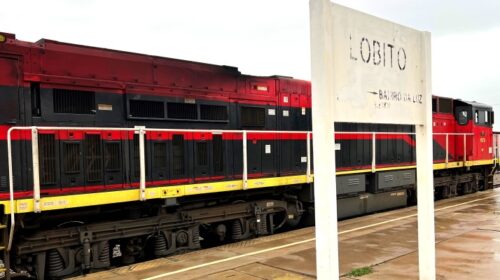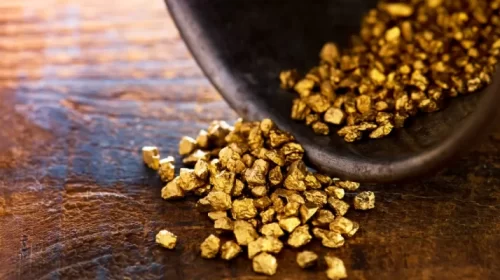Middlemen Divert Billions from DRC’s Cobalt and Coltan Trade
The Democratic Republic of Congo (DRC), the world’s leading producer of cobalt, loses nearly $1 billion annually to illegal trade, fueling conflict and deepening poverty, according to political analyst Oluwole Ojewale of the Institute for Security Studies.
The DRC supplies 70% of the world’s cobalt, essential for electric vehicle batteries and renewable energy projects. However, most of its production comes from 150,000 to 200,000 artisanal miners, with over a million people depending on their work.
Operating in North and South Kivu, these miners extract minerals under harsh conditions, while middlemen and armed groups siphon off profits.
In January, the M23 rebel group, backed by Rwanda, captured Goma, the largest city in eastern Congo. Now advancing toward Bukavu, M23 seeks control over rich coltan, gold, and tin ore deposits. Despite a regional peace conference in Dar es Salaam urging negotiations, the DRC refuses to engage with M23.
The conflict has killed thousands and displaced over 100,000 people, worsening a humanitarian crisis that has persisted since the wars of the late 1990s, which left 5 million dead due to violence, starvation, and disease.
Ojewale’s research reveals that most foreign companies do not mine directly in the DRC. Instead, they purchase minerals through middlemen, who mix illegally sourced cobalt and coltan with legally certified materials. This taints global supply chains and funds militias imposing illegal taxes on artisanal miners.
“The absence of a strong government presence means legal and illegal cobalt quickly mingle,” Ojewale said. “This system channels profits to armed groups and middlemen while depriving the DRC of its rightful revenue.”
These intermediaries forge traceability documents and bribe border officials in Zambia, Burundi, and Tanzania to smuggle minerals into global markets in London, Shanghai, and North America.
Ojewale emphasizes that while minerals are a key economic driver, they also inflame longstanding ethnic and political tensions.
The UN Refugee Agency warns that forced displacement will worsen in the hardest-hit provinces this year, adding to the 27 million people already affected by conflict, food shortages, climate shocks, and disease outbreaks. The DRC is also the global epicenter of the Mpox outbreak, recording the world’s highest number of cases.
The ongoing violence has drawn South African forces into the conflict. After 13 South African soldiers were killed near Goma, President Cyril Ramaphosa called on Rwanda to halt its military support for M23. In response, Rwandan President Paul Kagame blamed the DRC for failing to contain the Democratic Forces for the Liberation of Rwanda, a militia linked to the 1994 Rwandan genocide.
Despite a unilateral ceasefire by the Congo River Alliance—which includes M23—violence continues as the Southern African Development Community (SADC) and the East African Community (EAC) struggle to broker peace.
Global demand for cobalt is expected to quadruple by 2030, driven by the rise of electric vehicles and high-tech industries. Yet, foreign firms often avoid direct mining operations in the DRC, relying instead on local brokers who source minerals from unregulated artisanal sites.
To counter illicit trade, the DRC established a state-run monopoly, Entreprise Générale du Cobalt, and regulatory bodies. However, widespread corruption has undermined these efforts, allowing illegal extraction to persist.
This unregulated mining not only costs the government billions in lost revenue but also leads to severe health and environmental consequences.
Artisanal miners—often working without protective gear—are exposed to toxic dust, increasing risks of respiratory diseases, cancer, and birth defects. Meanwhile, waste dumping and water contamination degrade local ecosystems and threaten agriculture.
At the recent Investing in African Mining Indaba in Cape Town, industry leaders highlighted the need for formalizing artisanal and small-scale mining to curb illicit trade.
Ojewale insists that both the DRC and cobalt-importing nations must enforce strict regulations, tighten border controls, and improve traceability to break the cycle of exploitation.
“Unless governments and global buyers clamp down on these middlemen,” Ojewale warned, “the minerals powering our clean energy future will continue to fund deadly conflicts and rob the DRC of its chance to build a stable, prosperous society.”
80 total views , 2 views today





